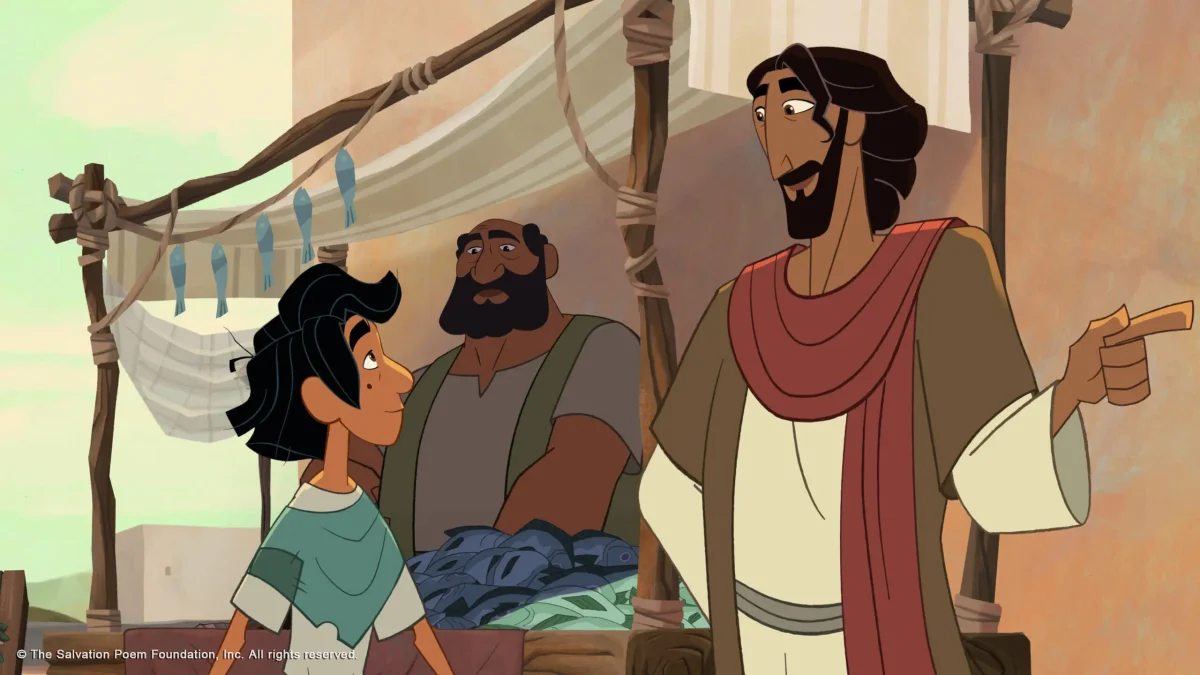When it comes to reading books that have held the label of a classic long before you were even born, you might, like me, become a little suspicious. You don’t want to simply like it because everyone else does, but you also don’t want to reject it – it is a classic, after all.
Jack Kerouac’s 1957 novel “On the Road” is one of those classics that will have some people forever proclaiming its brilliance, while others flippantly dismiss it as a book about driving around, usually while drunk.
Before reading this book, you have to understand that there is no plot. Written in episodic fashion, it is an autobiographical account of Sal Paradise’s adventures with his crazy young friends and their search for a way to resist growing up and growing old. When they wake up every morning, the motley crew of characters has no idea where they will end up in the evening.
This book is loosely written about a group of friends trying to settle down, trying to earn enough money to pay for the next drink and failing miserably on personal quests that never amount to anything. Written in a stylish mix of social commentary and travelogue, it is easy to feel what the author wants to convey: his journey about getting high on life lived on the edge. Kerouac ends the book with a finale of reflection on why the young men do the things they do.
The copy in the Biola Library has blue highlights of the profound sections of this book, and if you only read those sections, you could come away with the gist of the novel.
Personally, my opinion of this book falls between two opinions: dismissing it all together and respecting it.
If I were to evaluate this book on a scale of appropriateness, I would rate it a zero. The book describes more immorality, lack of consideration and crude, vile behavior than you will probably find in six normal books.
Regardless of all of this, written in a Bohemian generation, I understand, for its time, why “On the Road” has become an American classic. I can respect it simply because it is about people struggling to enjoy life to the fullest in their own way. I would recommend this book, not for its prose, characters or descriptions, but just for its message.







